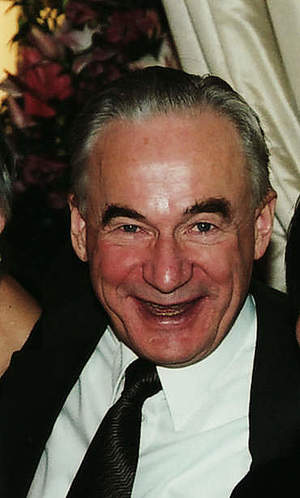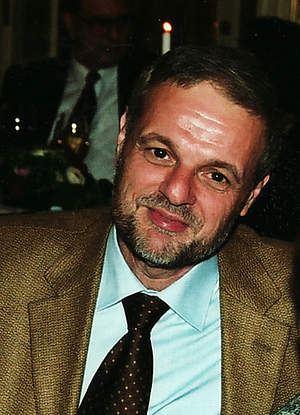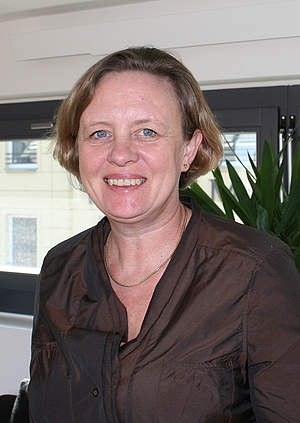Liaison Committee
Establishes contact with all professional and lay organisations in Europe working within the clinical and basic neuroscience or related disciplines and with closely related organisations outside Europe such as the American Academy of Neurology, the American Neurological Association, the Pan African, the Pan American, the Pan Arab and Asian & Oceanian sections of the World Federation of Neurology. Maintains a file including all relevant material about these organisations, such as byelaws membership lists, etc.; co-ordinates he activities of the EFNS and related organisations; works to actively promote collaborations with subspecialty organisations and encourages them to register as associated societies. Issues guidelines for the collaboration between the EFNS and collaborating societies.
In 2003 the European Union Affairs Committee and the Liaison Committee were merged to the Liaison and European Affairs Committee. By the end of 2009, the committee was re-named again and the original name "Liaison committee" has become the official name once again.
Chairpersons

The first EFNS Congress took place in Berlin December 8-11, 1993, and we had a full meeting December 9th on Neurology in Europe, including a symposium on ”The need for teaching courses”. I was elected Chairman of the Liaison committee of the EFNS. There was not much activity in the Liaison committee at that time, because the institution was so new and we had difficulties in defining the mandate of the committee. We were concerned about the Decade of the Brain, which had been launched in USA by AAN in 1990, and we discussed if and how the individual member societies could organize their own “Year of the brain”, which many countries eventually did during the 1990es.

Congratulations to all in particular my old friends Eberhard Deisenhammer, Jacques de Reuck and especially Jes Olesen who was so instrumental in making the EFNS what it is today;
Since Jes took over the chair, I left the AAN, where I had been in important committees since 1992, including the Membership Committee (first ever for a non-US member since its origin in 1948...), to join the EFNS when Jes asked me. To my regret I had to resign after some years, not by lack of interest (I still believe that it is the best Neurology Society in the world) but because of accumulating responsibilities elsewhere: Advisor to the WHO (1984), Stroke Council of the AHA (1985), President of the Institut du Cerveau (private fundation), Bordeaux (1990), Scientific Committee of the European Stroke Conference (1991), Chief of Neurology at the University of Bordeaux (1993) Founder and Chairman of the European Stroke Council (1994), EFNS Committees (1996), Expert for Neurosciences to the WHO (1996), Member of the EMEA/CHMP (1997), Chairman of the International Working Group on Dementia Trials (2002), Minister of Research at the Regional Government of Aquitaine (2004), Chairman of the Department of Cinical Neurosciences, CHU of Bordeaux (2007, 2001), Director of the Federation of Neurosciences, University of Bordeaux (2011). I still have other projects but I do support the EFNS in my heart and I am sincerely sorry for my not being able to contribute actively to it success.

I was elected during the Rome meeting. My name was brought up by several colleagues as an active member of the EFNS.
I remember very well the vivid and energetic discussion headed by Jes Oleson in the MC meeting in Vienna. It was clear to me that the EFNS is going in the right direction and the goals will be achieved. On a personal note, after the Seville meeting it was my suggestion to Jes to have a core PCO to organize the annual meetings and he accepted it. Since then the congresses are perfectly and successfully organized by Kenes and I am glad that I contributed to the success.
I was the chairman of the Liaison Committee and together with Jes and Evelyn I helped to establish the EFNA.

no personal remarks